#ehrenreich
Explore tagged Tumblr posts
Link
Fair Play (Drama, Mystery, Thriller) In this episode of "Movies First," host Alex First dives into the intense world of high-stakes trading with a review of the romantic psychological drama "Fair Play." The film, starring Phoebe Dynevor, Alden Ehrenreich, and Eddie Marsan, and directed by Chloe Domont, explores the complexities of love and ambition within the ruthless environment of stock market trading. **Episode Summary:** Join Alex First for an in-depth discussion about "Fair Play," a film that navigates the turbulent waters of a relationship strained by career pressures and workplace politics. Set against the backdrop of a competitive hedge fund, the story revolves around Luke (Alden Ehrenreich) and Emily (Phoebe Dynevor), two analysts whose secret romance becomes jeopardized by their professional lives. **Key Points:** - **A Secret Romance:** Discover how Luke and Emily's engagement, a joyous milestone, becomes tainted by the harsh realities of their careers, highlighting the film's central theme of personal versus professional life. - **Rising Tensions:** As Emily's career skyrockets and Luke's stagnates, witness their relationship spiral from passionate to tense, reflecting the cutthroat nature of their industry. - **Powerful Performances:** Hear about the compelling chemistry between Ehrenreich and Dynevor, whose characters' journey from supportive partners to resentful adversaries captivates the audience. - **Masculinity and Power:** Learn about the film's portrayal of aggression and toxic masculinity, particularly through Eddie Marsan's character, Campbell, whose ruthless leadership style exemplifies the hedge fund's merciless atmosphere. - **Cinematic Elements:** From the authentic depiction of the characters' daily routines to the impactful cinematography, find out how these elements contribute to the movie's immersive quality. **Critical Insights:** Alex shares his critiques, praising the film's exploration of gender dynamics and ambition but noting the less convincing aspects, such as certain secondary performances and an ending that feels somewhat overextended. **Conclusion:** Despite some flaws, "Fair Play" impresses as a gripping tale of love, ambition, and betrayal, earning a solid seven out of ten from our host. It's a cinematic journey that movie enthusiasts and critics alike should not miss. Trailer: https://www.imdb.com/video/vi1976944409/?playlistId=tt16304446&ref_=tt_pr_ov_vi **Listen to More:** For more insightful reviews, subscribe to "Movies First" on Apple Podcasts, Google Podcasts, Spotify, iHeartRadio, or your favorite podcast platform. Stream on demand at bitesz.com for more quality podcast productions. Don't miss an episode of "Movies First" with Alex First, where you get the first take on the latest movies hitting the big screen. To listen on your favourite app, your one click universal listen link: https://link.chtbl.com/moviesfirst Movies First RSS : https://www.spreaker.com/show/2648009/episodes/feed Stream podcast episodes on demand from https://www.bitesz.com/show/movies-first-reviews/ (mobile friendly). For more from Alex visit our new website: https://moviesfirstpodcast.com or www.bitesz.com Subscribe, rate and review Movies First at all good podcast apps, including Google Podcasts, Apple Podcasts, Spotify, iHeartRadio, Stitcher, Pocket Casts, CastBox.FM, Podbean, Spreaker, etc. For more, follow Movies First on Facebook, Twitter and YouTube : Facebook - @moviesfirst Twitter - @MoviesFirst YouTube Channel: https://www.youtube.com/channel/UCatJQHaVabIvzCLqO16XvSQ If you're enjoying Movies First, please share and tell your friends. Your support would be appreciated...thank you. #movies #cinema #entertainment #podcast #reviews #moviesfirst For more, follow Movies First on Facebook, Twitter and YouTube : Facebook - @moviesfirst Twitter - @MoviesFirst YouTube Channel: https://www.youtube.com/channel/UCatJQHaVabIvzCLqO16XvSQ If you're enjoying Movies First, please share and tell your friends. Your support would be appreciated...thank you. #movies #cinema #entertainment #podcast #reviews #moviesfirst
#alden#alex#chloe#domont#drama#dynevor#eddie#ehrenreich#fair#first#market#marsan#movie#phoebe#play#psychological#review#romantic#stock#thriller
0 notes
Text
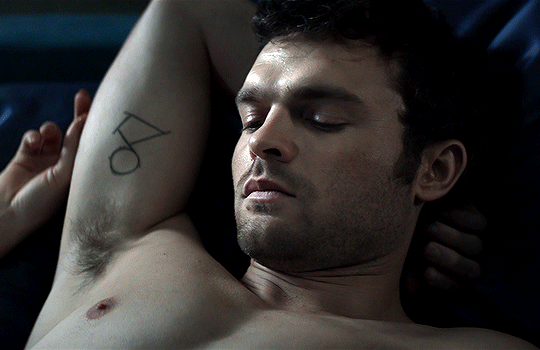


ALDEN EHRENREICH Brave New World 1.07 "Monogamy and Futility: Part 1"
#alden ehrenreich#brave new world#john the savage#tvedit#actor#men#menedit#mancandykings#mensource#televisiongifs#tvandfilm#cinematv#dailyflicks#holesrus#guys#gifs#mine#*
1K notes
·
View notes
Text







Matthew Goode, Alden Ehrenreich and Mia Wasikowska Stoker (2013) dir. Park Chan-wook
#Stoker#Matthew Goode#Alden Ehrenreich#Mia Wasikowska#2010s#gif#michi#filmedit#horroredit#userbrittany#userlosthaven#userjimholden#userlenie#violence tw#matthewgoodeedit
460 notes
·
View notes
Text



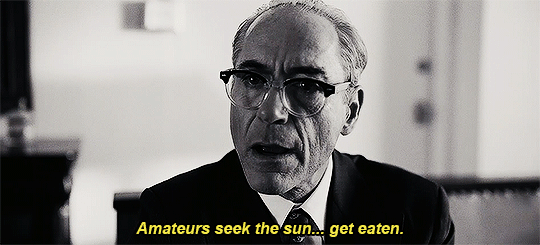

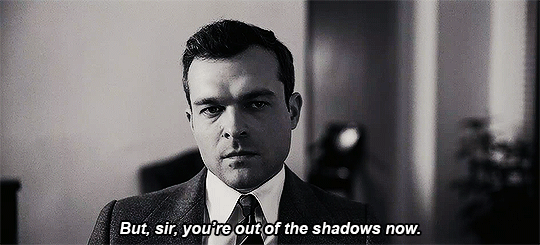
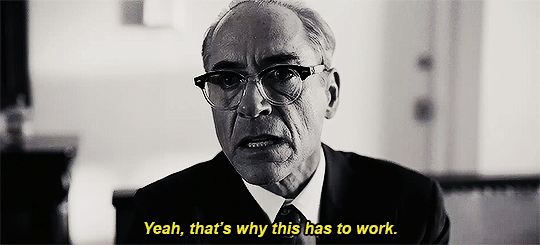

OPPENHEIMER (2023) dir. Christopher Nolan

#oppenheimer#2020s#robert downey jr#alden ehrenreich#creations#kraina#filmedit#oppenheimeredit#perioddramaedit#weloveperioddrama#onlyperioddramas#filmgifs#usersaoirse#uservivaldi#jokerous#usergiles#userhann#userrobin#underbetelgeuse#userdanahscott
618 notes
·
View notes
Text
"Labor is like motherhood to most of our political leaders: a calling so fine and noble that it would be sullied by talk of vulgar, mundane things like pay."
Barbara Ehrenreich. Happy Mother's day, y'all!
#quote of the day#quote of today#barbara ehrenreich#labor#motherhood#politics#leadership#calling#fine#noble#talk#vulgar#mundane#vulgarity#mundanity#pay#fair pay#equal pay#equality#gender issues#social justice#mother's day#happy mother's day
381 notes
·
View notes
Text


johnny 316, dir. erick ifergan (1998)
#johnny 316#vincent gallo#nina brosh#buffalo 66#christina ricci#christina aguilera#christina hendricks#natasha lyonne#katie#clea duvall#christina milian#christina nadin#carrie coon#elizabeth chase olsen#erick ifergan#1998#2000s#y2k#movies#cinema#cinematography#tetro#adoring alden ehrenreich#alden ehrenreich#francis ford coppola
111 notes
·
View notes
Text
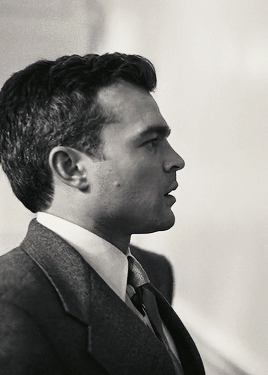
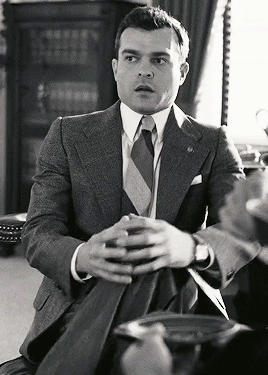


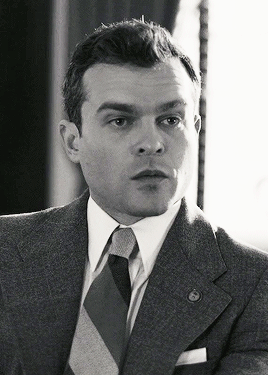


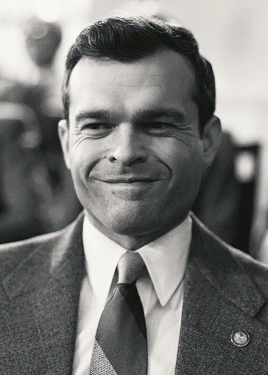
Alden Ehrenreich as Senate Aide OPPENHEIMER (2023)
#filmgifs#userfilm#filmedit#alden ehrenreich#oppenheimer#Christopher nolan#2020s#Oscar winner#biopic#guys#black and white#characters#coming out of retirement to make a set of my maaan
244 notes
·
View notes
Text

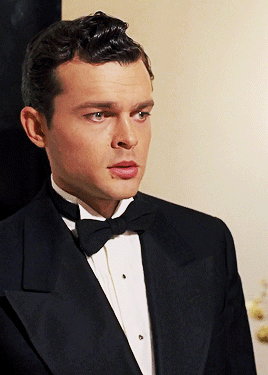
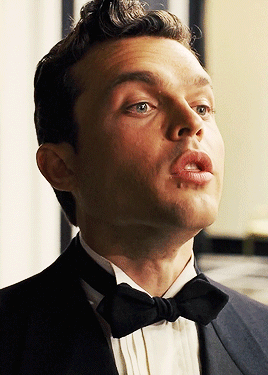
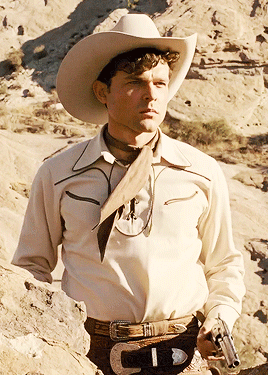
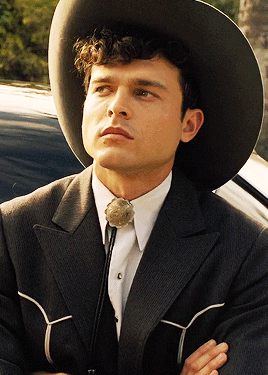

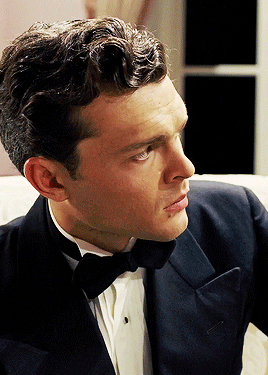
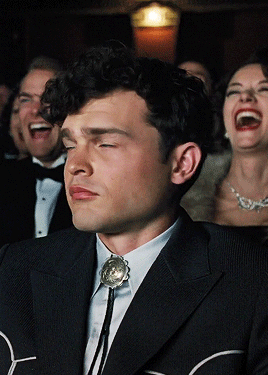
Alden Ehrenreich as Hobie Doyle in Hail, Caesar! (2016) dir. Joel & Ethan Coen
#aldenehrenreichedit#alden ehrenreich#filmgifs#userfilm#filmedit#he's my ken#*ae#film#guys#husband#would that it twuhhhhh so simple#i love him i love him i love him i love him
726 notes
·
View notes
Text


my main skill in life is recognizing characters that have been in supernatural
#supernatural#Jensen Ackles#jared padalecki#Colin ford#kathryn newton#ty olsson#christopher heyerdahl#chad lindberg#alden ehrenreich#barry bostwick#adrianne palicki#letterboxd#letterboxd tag#SPN#you were in supernatural#my post
38 notes
·
View notes
Text
"Late" capitalism, or consumer capitalism, [depends on] the individual's hunger for more and the firm's imperative of growth. The consumer culture encourages individuals to want more...and positive thinking is ready at hand to tell them they deserve more and can have it if they really want it and are willing to make the effort to get it. Meanwhile, in a competitive business world, the companies that manufacture these goods...have no alternative but to grow. If you don't steadily increase market share and profits, you risk being driven out of business or swallowed by a larger enterprise. Perpetual growth, whether of a particular company or an entire economy, is of course an absurdity, but positive thinking makes it seem possible, if not ordained. In addition, positive thinking has made itself useful as an apology for the crueler aspects of the market economy. If optimism is the key to material success, and if you can achieve an optimistic outlook through the discipline of positive thinking, then there is no excuse for failure.
Barbara Ehrenreich, Smile or Die: How Positive Thinking Fooled America and the World
53 notes
·
View notes
Text

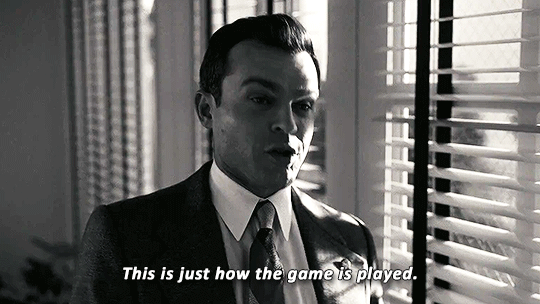

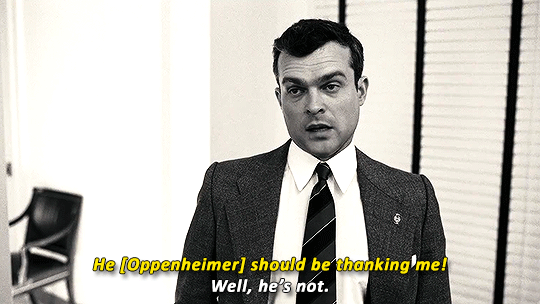
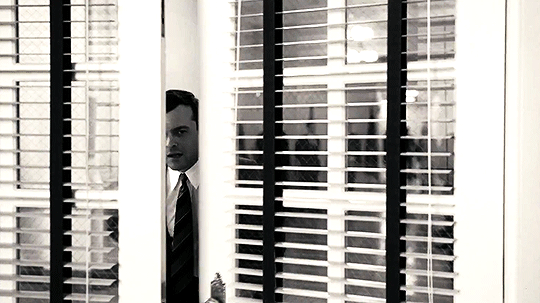

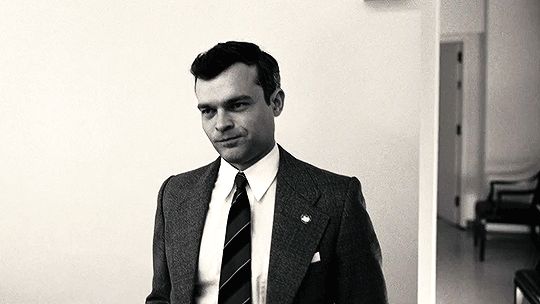

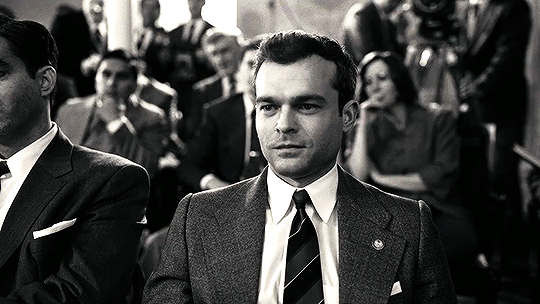
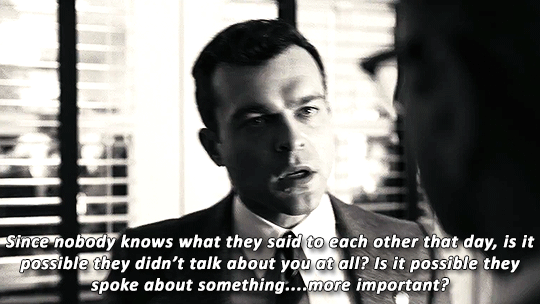
ALDEN EHRENREICH serving cunt as Senate Aide in Oppenheimer (2023)
#filmedit#oppenheimeredit#oppenheimer#userrobin#usertom#filmgifs#moviegifs#fyeahmovies#perioddramaedit#dailyflicks#alden ehrenreich#sakshi does a thing#oppie-posting#he's such a diva i love him <333
284 notes
·
View notes
Text
“By 1900 child mortality was already declining—not because of anything the medical profession had accomplished, but because of general improvements in sanitation and nutrition. Meanwhile the birthrate had dropped to an average of about three and a half; women expected each baby to live and were already taking measures to prevent more than the desired number of pregnancies. From a strictly biological standpoint then, children were beginning to come into their own.
Economic changes too pushed the child into sudden prominence at the turn of the century. Those fabled, pre-industrial children who were "seen, but not heard," were, most of the time, hard at work—weeding, sewing, fetching water and kindling, feeding the animals, watching the baby. Today, a four-year-old who can tie his or her own shoes is impressive. In colonial times, four-year-old girls knitted stockings and mittens and could produce intricate embroidery; at age six they spun wool. A good, industrious little girl was called "Mrs." instead of "Miss" in appreciation of her contribution to the family economy: she was not, strictly speaking, a child.
But when production left the houschold, sweeping away the dozens of chores which had filled the child's day, childhood began to stand out as a distinct and fascinating phase of life. It was as if the late Victorian imagination, still unsettled by Darwin's apes, suddenly looked down and discovered, right at knee-level, the evolutionary missing link. Here was the pristine innocence which adult men romanticized, and of course, here, in miniature, was the future which today's adult men could not hope to enter in person. In the child lay the key to the control of human evolution. Its habits, its pastimes, its companions were no longer trivial matters, but issues of gravest importance to the entire species.
This sudden fascination with the child came at a time in American history when child abuse—in the most literal and physical sense—was becoming an institutional feature of the expanding industrial economy. Near the turn of the century, an estimated 2,250,000 American children under fifteen were full-time laborers—in coal mines, glass factories, textile mills, canning factories, in the cigar industry, and in the homes of the wealthy—in short, wherever cheap and docile labor could be used. There can be no comparison between the conditions of work for a farm child (who was also in most cases a beloved family member) and the conditions of work for industrial child laborers. Four-year-olds worked sixteen-hour days sorting beads or rolling cigars in New York City tenements; five-year-old girls worked the night shift in southern cotton mills.
So long as enough girls can be kept working, and only a few of them faint, the mills are kept going; but when faintings are so many and so frequent that it does not pay to keep going, the mills are closed.
These children grew up hunched and rickety, sometimes blinded by fine work or the intense heat of furnaces, lungs ruined by coal dust or cotton dust—when they grew up at all. Not for them the "century of the child," or childhood in any form:
The golf links lie so near the mill
That almost every day
The laboring children can look out
And see the men at play.
Child labor had its ideological defenders: educational philosophers who extolled the lessons of factory discipline, the Catholic hierarchy which argued that it was a father's patriarchal right to dispose of his children's labor, and of course the mill owners themselves. But for the reform-oriented, middle-class citizen the spectacle of machines tearing at baby flesh, of factories sucking in files of hunched-over children each morning, inspired not only public indignation, but a kind of personal horror. Here was the ultimate "rationalization" contained in the logic of the Market: all members of the family reduced alike to wage slavery, all human relations, including the most ancient and intimate, dissolved in the cash nexus. Who could refute the logic of it? There was no rationale (within the terms of the Market) for supporting idle, dependent children. There were no ties of economic self-interest to preserve the family. Child labor represented a long step toward that ultimate "anti-utopia" which always seemed to be germinating in capitalist development: a world engorged by the Market, a world without love.”
-Barbara Ehrenreich and Deirdre English, For Her Own Good: 150 Years of the Experts’ Advice to Women
536 notes
·
View notes
Text






Bad Samaritan (2018)
#dtedit#tennantedit#david tennant#rsheehanedit#robertsheehanedit#robert sheehan#sheehanedit#cale ehrenreich#sean falco#bad samaritan#my gifs#mygifs:rsheehan#this has been in my drafts for six months lol
78 notes
·
View notes
Text
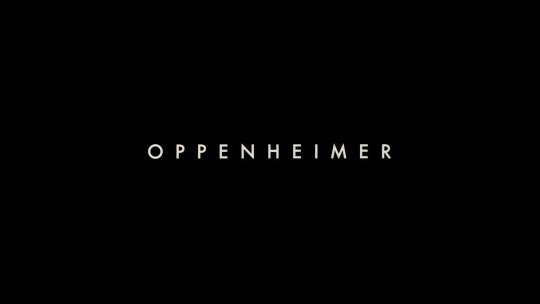

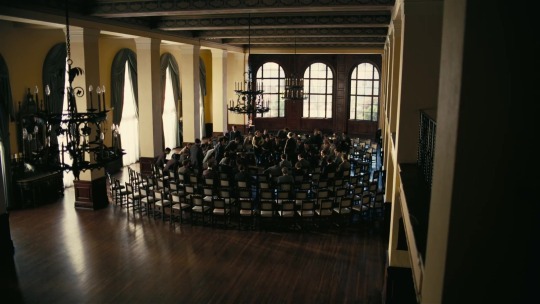
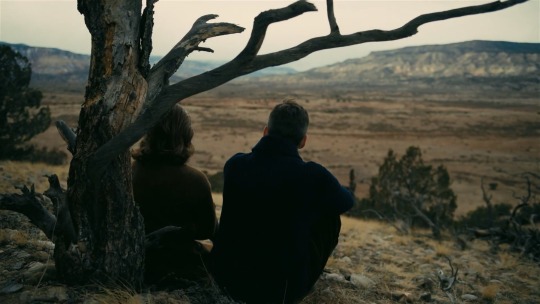
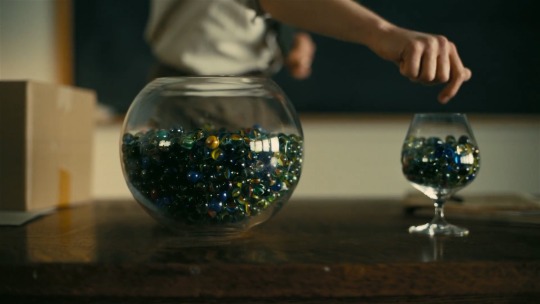
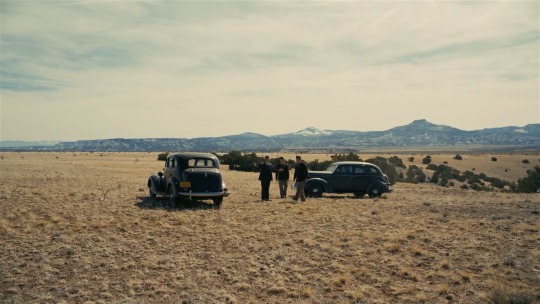
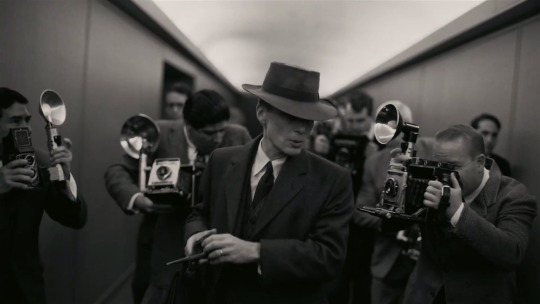
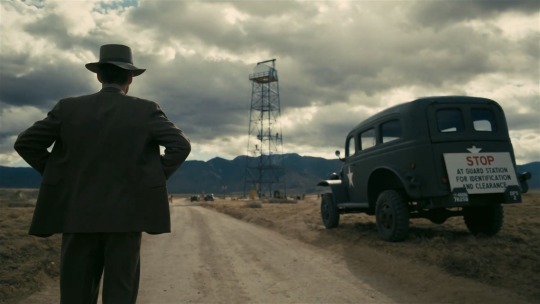
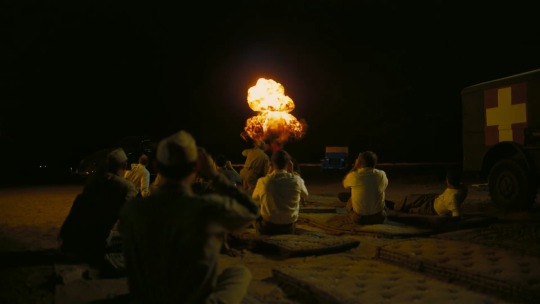


Director - Christopher Nolan, Cinematography - Hoyte van Hoytema
"They won't fear it until they understand it. And they won't understand it until they've used it. Theory will take you only so far."
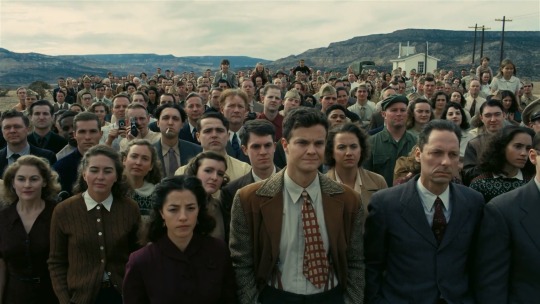
Oppenheimer (2023)
#scenesandscreens#oppenheimer#christopher nolan#hoyte van hoytema#scott grimes#matthew modine#david krumholtz#jefferson hall#tony goldwyn#alden ehrenreich#dane dehaan#tom conti#james d'arcy#david dastmalchian#benny safdie#kenneth branagh#dylan arnold#casey affleck#josh hartnett#rami malek#jason clarke#florence pugh#matt damon#robert downey jr.#emily blunt#cillian murphy
188 notes
·
View notes
Photo
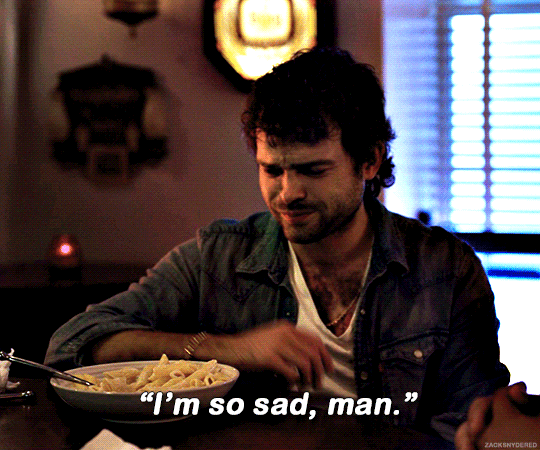


COCAINE BEAR (2023) Dir. Elizabeth Banks Writer: Jimmy Warden
#cocaine bear#cocainebearedit#Alden Ehrenreich#aldenedit#filmtvedit#filmedit#filmgifs#cinemasource#cinemapix#mine.#edit: gifs.#film: cocaine bear.#has this been done?#probably#but ilaughed too hard at this movie#it was fucking fantastic
1K notes
·
View notes
Photo


Cocaine Bear (2023) dir. Elizabeth Banks
#alden ehrenreich#cocaine bear#aldenehrenreichedit#movie#film#filmedit#moviegifs#cinemapix#dailyflicks#horror#horroredit#actor#men#mengifs#cinematv#tvandfilm#mancandykings#filmgifs#gifs#mine#*
702 notes
·
View notes